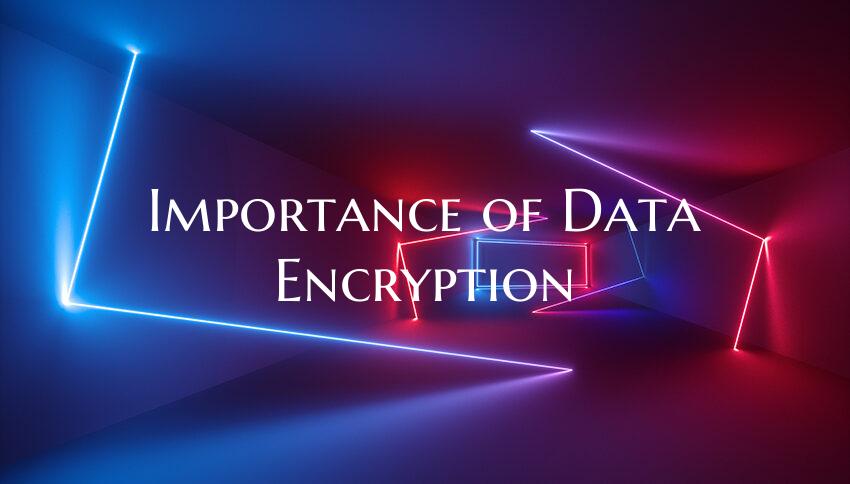Importance of Data Encryption
In today's digital age, where data breaches and cyber threats are prevalent, data encryption plays a crucial role in protecting sensitive information. Encryption is the process of converting data into a code to prevent unauthorized access, ensuring that even if data is intercepted or compromised, it remains secure and unreadable to unauthorized users.
There are several key reasons highlighting the importance of data encryption:
1. Confidentiality: Data encryption ensures that only authorized parties with the proper decryption key can access and read the information. This helps maintain the confidentiality of sensitive data such as personal information, financial records, and intellectual property.
2. Data Security: By encrypting data, organizations can mitigate the risks associated with data breaches and unauthorized access. Encryption acts as a barrier, providing an additional layer of security to safeguard information from cyber threats, hackers, and malicious actors.
3. Compliance Requirements: Many industries and organizations are subject to regulatory requirements and data protection laws that mandate the use of encryption to protect sensitive data. Compliance with these regulations not only helps avoid costly fines but also enhances the trust and credibility of the organization.
4. Protection of Intellectual Property: Encryption plays a vital role in safeguarding intellectual property, trade secrets, and proprietary information. By encrypting critical data, businesses can prevent unauthorized access and protect their valuable assets from theft or misuse.
5. Secure Data Transmission: Data encryption is essential for secure communication and data transmission over networks. Encrypting data ensures that information exchanged between parties remains confidential and secure, reducing the risk of interception or eavesdropping.
6. Trust and Reputation: Implementing robust encryption measures demonstrates a commitment to data security and customer privacy. Building trust with customers, partners, and stakeholders is essential for maintaining a positive reputation and securing long-term relationships.
In conclusion, data encryption is a fundamental tool for safeguarding information in an increasingly interconnected and data-driven world. By implementing strong encryption practices, organizations can protect sensitive data, mitigate security risks, and uphold the integrity and confidentiality of their information assets. Prioritizing data encryption is not just a best practice but a necessity in today's digital landscape to ensure the security and privacy of data.

